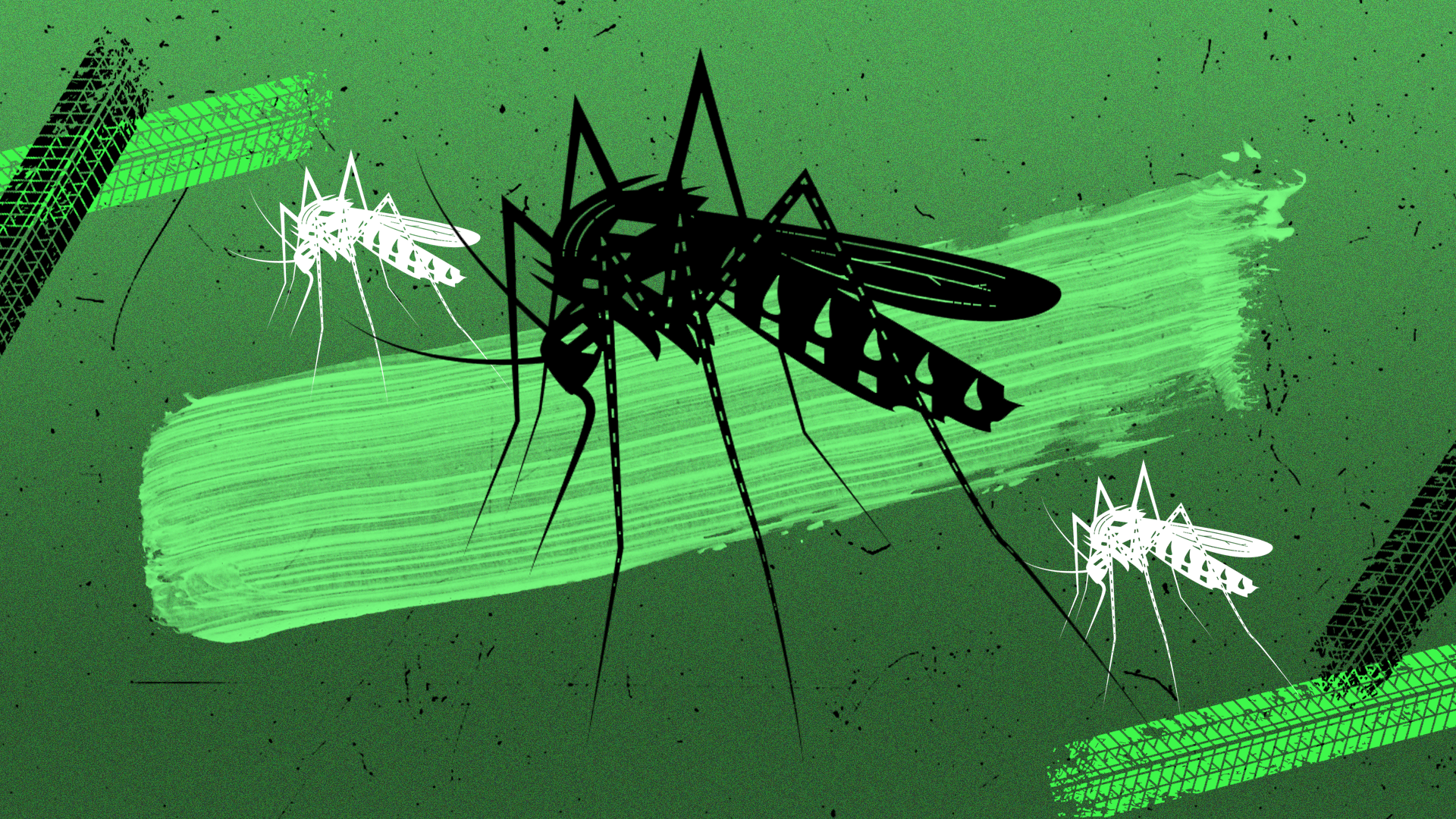Scientists in Kenya have discovered a microbe they say can prevent mosquitoes from spreading malaria.
Malaria is currently one of the leading causes of mortality in the world. More than 400,000 people are killed by the disease each year, and most of these victims are children under the age of five in emerging African nations. Likely because of its containment to non-western states, progress in the field of malaria prevention has been historically slow. But a group of scientists from the UK and Kenya have discovered a possible solution.
Publishing their results in the scientific journal Nature, the researchers have announced the discovery of a microbe, Microsporidia MB, that lives in the guts and genitals of some mosquitoes and eliminates malaria from their systems. Given that malaria is passed from mosquitoes to humans, curing them could in turn protect people.

The microbe was found in a number of insects on the shores of Lake Victoria in Kenya, where, according to their report, researchers couldn’t find a single mosquito carrying the bug that was also infected with the malaria parasite. Lab experiments published by Nature Communications confirmed that the microbe made the insects immune.
Microsporidia MB was naturally found in about 5% of insects studied, but scientists are hopeful that if they can deliberately breed the bug into more insects it could have a significant effect on the infection rate among humans – an estimated 40% of the insects must be infected to make a real dent. The microbe can be passed between adult mosquitos, and it can also pass from a female mosquito to her offspring.
The researchers are investigating two main strategies for spreading the bug throughout native insect populations. The first route would involve releasing spores of the microbe into the air, and the second would involve infecting male mosquitoes in a lab to carry the cure to female mosquitoes and their young.
‘It’s a new discovery. We are very excited by its potential for malaria control. It has enormous potential,’ Prof Steven Sinkins, from the MRC-University of Glasgow Centre for Virus Research, told the BBC.
It’s not often we get to be legitimately excited about a potential cure to one of the world’s most persistent natural perils. In the words of Breaking Bad’s Jesse Pinkman, ‘Yea science!’

















